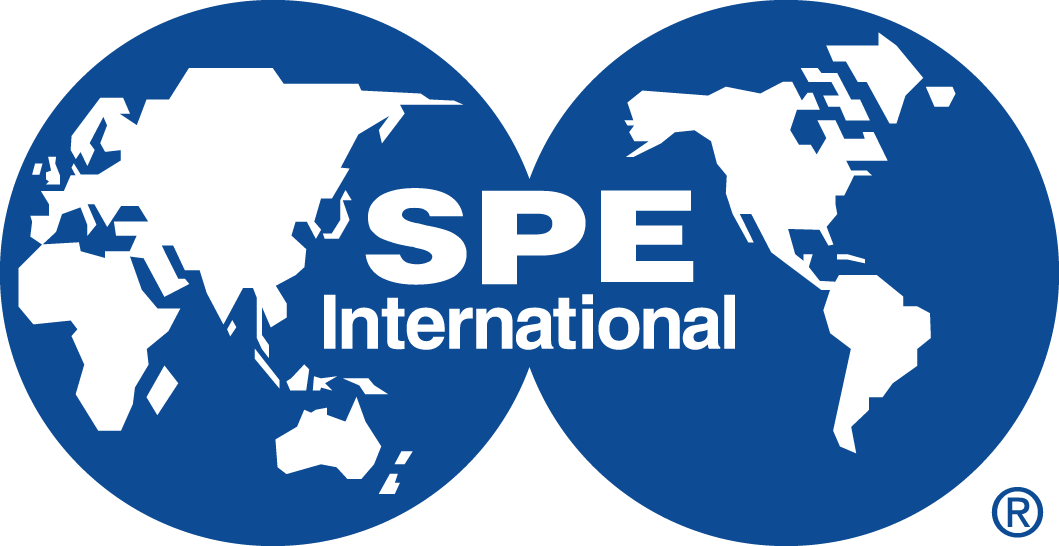About the Workshop
University enrollment often tracks the price of oil. This has certainly been the case since 2014, as enrollment has decreased by 60% in the United States of America. Enrollment rates in other regions have also declined, including in oil rich nations such as the United Arab Emirates, where some universities report that student enrollment remains in the single digits, despite excellent job prospects. Looking beyond the oil price, many prospective students are swayed by the perception that the industry is regressive and dangerous to humanity’s, and the world’s, future. Others are drawn to careers in IT and data analytics, that are perceived to be more attractive.
Some university programmes have rebranded themselves as energy engineering programmes. Stanford University, for example, now graduates energy engineers who may have a concentration in traditional petroleum engineering or may not. Other universities have increased emphasis on other geotechnical specialities or data science. Universities need to ensure that their programmes are viable but, from a purely oil and gas industry perspective, broadening the curriculum can dilute a graduate’s traditional petroleum engineering/geoscience skills. The industry will need to adapt to this change and collaborate with academia regarding essential and non-essential fundamentals.
This workshop will consider what future-proofed skills will look like in the transitioned industry, and how the traditional parts of the petroleum industry can ensure a reliable supply of talent. A robust talent pipeline will need to consider alternative ways to deliver core competencies and features of successful academic programmes that maintain their attractiveness.
